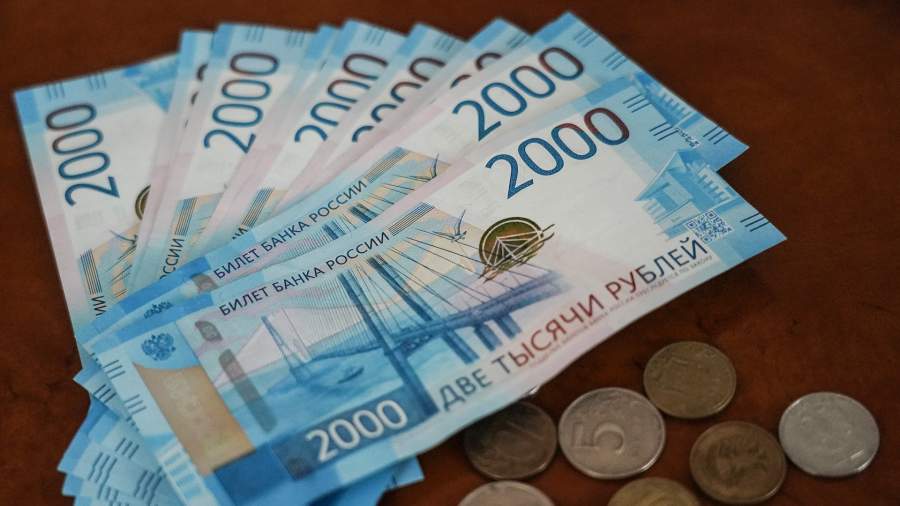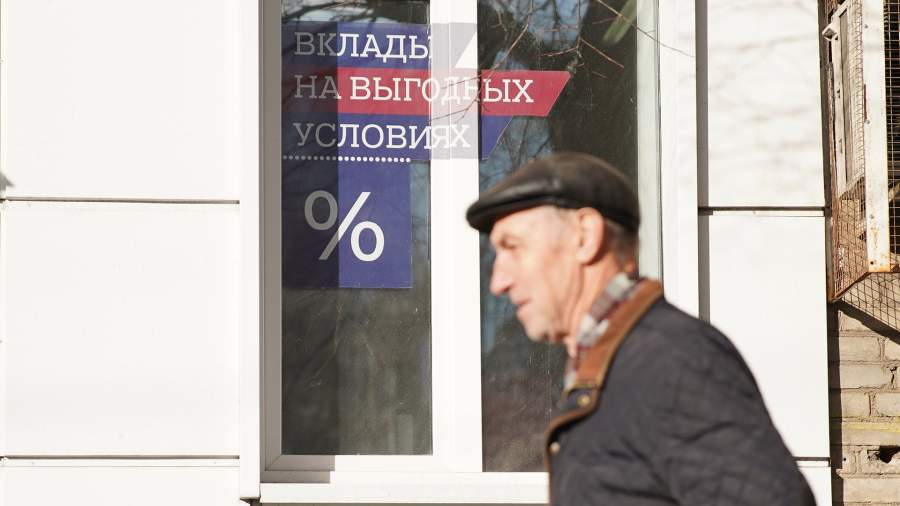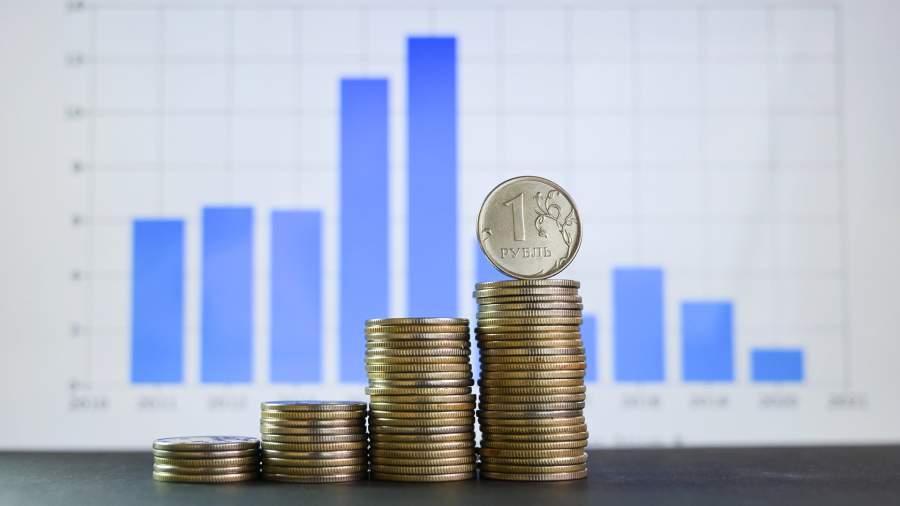A third of Russians prefer to keep money in cash, according to the Central Bank data, which Izvestia got acquainted with.… In 2020, the number of such citizens increased by 10 percentage points. The desire to keep money “in cash” was influenced by the decrease in interest rates on deposits and poor awareness of other ways of accumulating funds. However, experts warn that money “under the mattress” is eaten by inflation…
Table Of Contents
Waiting for growth
34% of Russians said that they prefer to keep money in cash, according to the materials of the Central Bank… There were more such responses in November and December 2020 than in all other months. Against the background of decreasing rates on deposits and low awareness of the population about alternative forms of savings, from the beginning to the end of 2020, the number of those who prefer cash in the form of money increased by 10 percentage points., according to the Bank of Russia.
Natalya Matveeva, Head of the Product Department of Bank Saint Petersburg, also believes that the reasons for the growing popularity of keeping funds in cash introduction of tax on deposits, misunderstanding by many clients of the intricacies of investment products, as well as the closure of offices by banks during the period of restrictionsassociated with the pandemic.
At the same time, despite the increased inflationary expectations and negative assessments of personal financial situation, in December the amount of savings of the population practically did not change, the Central Bank says. However, the index of assessments of the current state decreased by 2 pp. and reached a minimum since the beginning of 2017. According to the Bank of Russia, a quarter of Russians believe that their financial situation will worsen in 2021, this answer was given by 13 percentage points. more respondents than at the beginning of 2020.
The outflow of funds from deposits, especially during self-isolation and at the end of last year, when interest rates were lowered, were confirmed by the banks Home Credit, UBRD, Zenit, Dom.RF, Rosbank, VTB and St. Petersburg… Including investment products have become very popular. This trend will continue in the coming years, which, according to experts, can lead to an outflow of funds from deposits of up to 10%, says Olga Aksenova, head of the UBRD deposits department.
In 2020, Russians’ preferences in how to store their savings were influenced by low interest rates and the weakening of the ruble amid a global slowdown in economic activity and a decline in oil prices, said Stanislav Duzhinsky, an analyst with Home Credit Bank. In January-November, the growth of the deposit portfolio was only 2.1%, while in 2019 it was 6%. Moreover, in some months of 2020, banks even noted an outflow of deposits. VTB recorded a decrease in the share of deposits reopened by customers last year by 10-15 percentage points, said Maria Voronina, Deputy Head of the Savings Department of VTB.
According to the Home Credit survey, in November, foreign currency in cash became the second most popular type of savings storage after deposits… 40.4% of all respondents spoke in favor of it. Investing in securities and mutual funds was chosen by 5.2% of the respondents. This year, against the background of growing real disposable income of the population, improving key economic indicators and maintaining the dollar exchange rate in the range of 72–75 rubles, the analyst expects a decrease in the share of savings in foreign currency cash.
In 2020, the Bank of Russia lowered its key rate to a historic low of 4.25% per annum. At the beginning of the year, it was 6.25%. This influenced the reduction in interest on deposits. If in January 2020 banks offered short-term deposits at a rate of 6-7% per annum, then at the beginning of 2021 it was already 4-5%.
Will decline
As the situation with the pandemic improves and gets used to low rates on deposits, asset manager of BCS World of Investments Andrey Rusetsky expects the number of those who keep funds in cash to decrease. He called inflation the main risk of such savings, since the income from this amount of money turns out to be negative for the amount of price growth in rubles or in foreign currency.… The effect of an increase in cash amid the pandemic and low deposit rates was noticeable not only in Russia, but also in the United States, Europe and other countries, the expert said.
In the l quarter of 2021, and possibly in the first half of the year, inflation will continue to grow, and then will decline to 4%. If a new weakening of the ruble does not follow, then the already noticeable strengthening of the national currency will reduce the effect of the transfer of the exchange rate into consumer prices, says Olga Belenkaya, head of the macroeconomic analysis department of Finam Group. On this background inflationary expectations may also stabilize and begin to decline…
Freedom Finance analyst Yevgeniy Mironyuk believes that an increase in the proportion of people who prefer to keep funds in cash may also be associated with a desire to hide part of their income and savings. Due to the pandemic, there is an increase in overdue debts… For example, according to the FSSP, the average amount of debt for housing and communal services in 2020 was about 24 thousand rubles, which is higher than in the previous two years. For 11 months of 2020, such cases were initiated in the amount of 77.2 billion rubles. The rapid growth in lending and the decline in income as a result of unemployment induce, first of all, debtors to keep funds in cash, the expert said.


